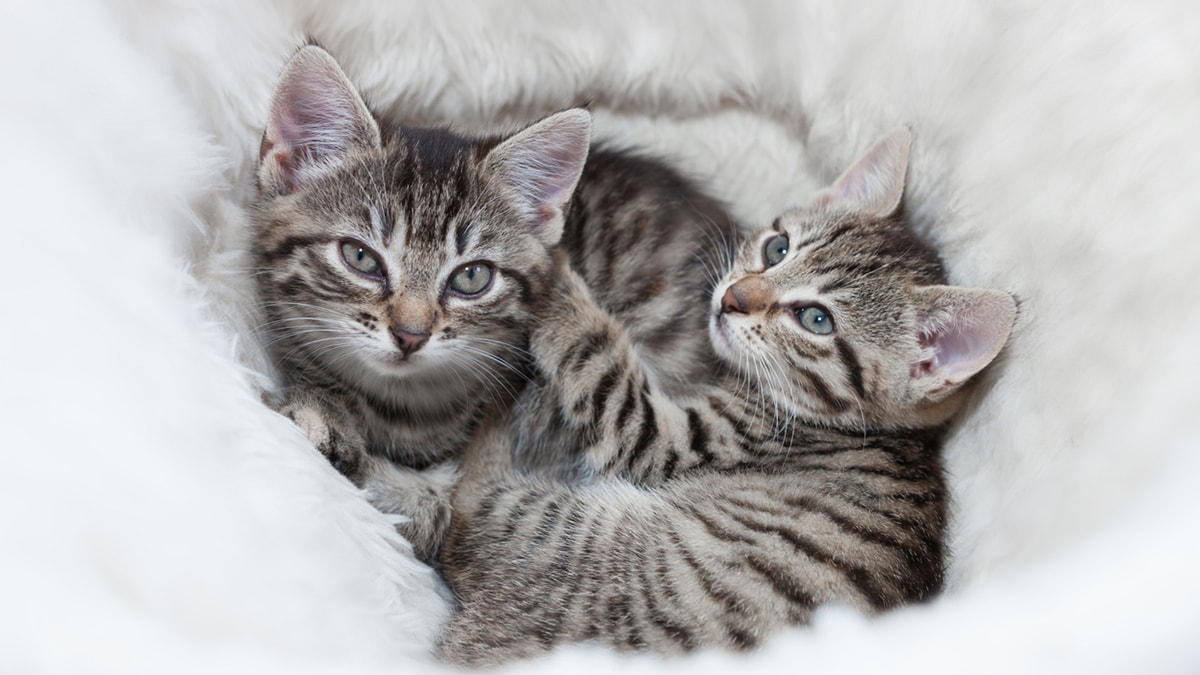do indoor cats need vaccinations
Even cats that spend 100 of their time indoors should be vaccinated. So why does your indoor cat need a rabies vaccine.

Cat Vaccines Outdoor And Indoor Cat Vaccination Schedules Montecito Vets
Kittens should receive this shot at 6-8 weeks because.
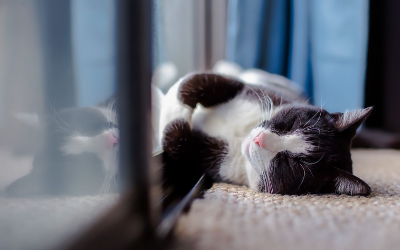
. Suggested Articles Need for Rabies Vaccination for Indoor Cats Feline Leukemia Virus Feline Immunodeficiency Virus Feline Infectious Peritonitis Vaccines are preparations that resemble infectious agents like bacteria or viruses but are not pathogenic disease causing. Feline leukaemia virus is also commonly included. For indoor-only cats the recommendation is to administer the vaccine every three years.
The average cost of cat vaccinations are about 20 for a rabies vaccine 35 for a 3 in 1 vaccine 34 for the Feline Leukemia Vaccine and 37 for the PureVax Rabies according to VippetCare. My vet tells me that my indoor-only cat Izzy needs to be vaccinated for rabies. Feline rhinotracheitis virus feline calici virus and.
According to the American Association of Feline Practitioners AAFP the core vaccines those that are recommended for ALL cats are feline panleukopenia virus FPV feline herpesvirus-1 FHV-1 and feline calicivirus FCV as well as Rabies. If you want to continue offering your cat full protection then a booster vaccination is required in line with the vaccine manufacturers license for the vaccine. Vaccinations are important to prevent serious illness in cats.
Assuming Piper tests negative have her vaccinated even if her chances of exposure seem low. On average a healthy cat can expect to live to around 14 years of age some even more. The importance of feline vaccination is roughly.
Feline Leukaemia Virus FeLV. All cats even indoor cats should receive the rabies vaccination and booster to avoid the various unwanted risks and consequences associated with skipping the vaccine. The shots come in.
Lastly vaccinating your cat indoor or outside may be required by law. However as your cat is going to be an indoor cat he is likely to be at lower risk of coming into contact with these viruses. To schedule a vaccination appointment or to learn more about necessary vaccines contact us online or call 480-497-0505.
While living an indoor lifestyle is certainly safer overall than living outdoors and indoor living contributes to a longer life expectancy important infectious diseases can find indoor cats. As modern vaccines have proven to be safe and effective against this common cancer Id suggest you have your cat checked for feline leukemia she could have been infected in utero or while nursing. Some viruses can be carried into your home on inanimate objects such as shoes and clothing therefore infecting your cat without her coming into contact with another animal.
Your veterinarian is your best resource for figuring out the best vaccine routine for your feline family member but this chart will help you understand the basics. The rabies prophylaxis eg. Both scenarios pose the risk of potential exposure.
Cat Flu protects against Feline Herpes Virus and Calicivirus Feline parvovirus also known as PanleukopeniaInfectious Enteritis If your cat goes outside even just your garden they also need a vaccine for. Dont wait to protect your feline family members. There are a number of non-core feline vaccines.
Most kitten vaccination recommendations are the same regardless of the kittens origin but there may be some variables depending on whether or not the kitten will live a strictly indoor life I highly. That answer is no. In general it is recommended by expert panels on feline vaccination that cats who stay at a boarding cattery require an annual vaccination schedule or a booster vaccine before the cat goes into the boarding facility if the cat has not been vaccinated in the preceding year as this can be a higher risk situation than a normal home environment 1 2.
It is important to discuss vaccination recommendations with your veterinarian since the timing of intervals between vaccinations may vary depending on the age of the kitten. Then they must be boostered a year later. This is to help protect you and other people.
Most states have laws regarding the vaccination of pet animals dogs cats and ferrets as well as other domestic animals. The FVRCP vaccine is important for all cats including indoor cats because it protects against three viruses that are airborne and spread without cat-to-cat contact. What shots do cats need and how much do they cost.
He believes that a single dose of modified live vaccine given at 10-14. Cat Vaccinations in Gilbert. It is a myth that cats who live indoors do not need to be vaccinated against infectious diseases.
I am happy to report that there is an easy answer to the related question of whether indoor cats need booster shots every year. Although an indoor cat is less at risk of getting injured from things like cars as long as your outdoor cat is fully vaccinated and healthy they can live just as long as an indoor cat. First depending on what state you live in its state law.
There are two general groupings of vaccinations. However your veterinarian will risk asses the cat and may opt out of vaccinating against conditions that require close contact to. Currently the recommendation for indooroutdoor cats is to administer the FVRCP vaccine annually.
Visit Anasazi Animal Clinic to make sure your cat is up to date on their latest shots. Both indoor and outdoor cats do need yearly vaccinations. But do indoor cats need shots every year.
Post-exposure rabies vaccine for cats may vary depending on if your cat has a protective rabies vaccine and certificate. An indoor cat is at low risk but not no risk. When administered to an animal they train the immune system to protect against these infectious.
Likewise with indoor cats they can still develop diseases or illnesses that shorten their lifespan. Cats heading into stressful situations such as boarding may benefit from a core vaccine booster 7-10 days before. The details of the vaccinations varies from state to state and often refers to the label of the specific vaccine used.
While there are certain mandatory or core vaccines for cats there are also noncore vaccines for different lifestyles or vaccines that are only recommended during the kitten years. Noncore Vaccines for Cats. Benefits and Risks Q.
Suggested Articles Feline Vaccines. Therefore according to this line of thought indoor cats might need vaccines more often than outdoor cats so that their immune systems will be. Kittens should start getting vaccinations when they are 6 to 8 weeks old until they are about 16 weeks old.
In general vaccinations are recommended for young kittens at 89 weeks of age with a second vaccine given 34 weeks later. All cats in the UK even indoor cats need to be vaccinated against.

5 Ways To Keep Your Cat Safe And A Mewsed This Winter Cat Facts Cats Pet Vaccinations

Cat Vaccination Schedule What You Need To Know Grand Prairie Vet
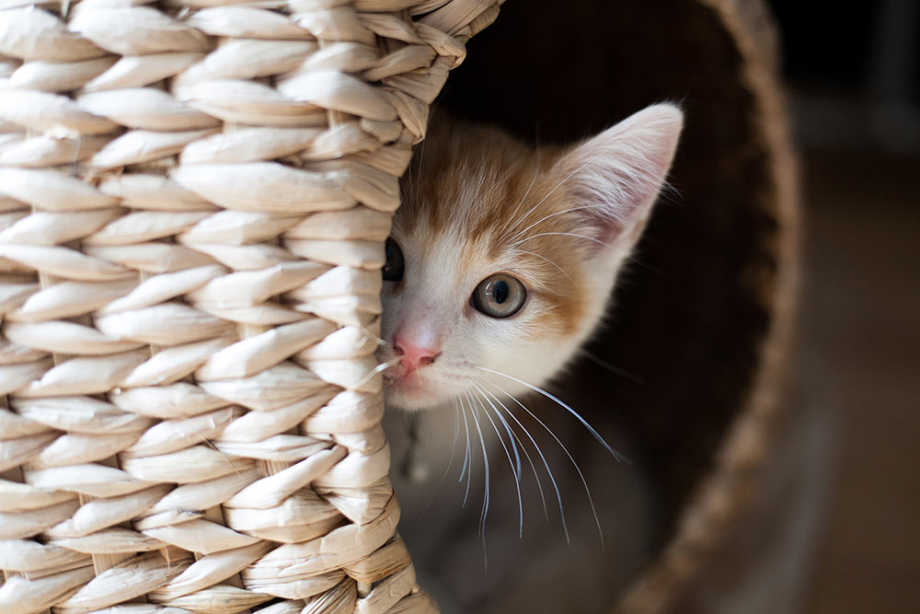
Managing Anxiety In Cats Small Door Veterinary

Outdoor Indoor Cat Vaccination Schedule Dunnellon Animal Hospital Citrus County Vet

What Vaccines Do Indoor Cats Need Nasa Pet Hospital

Vaccines For Indoor Cats Veazie Vet
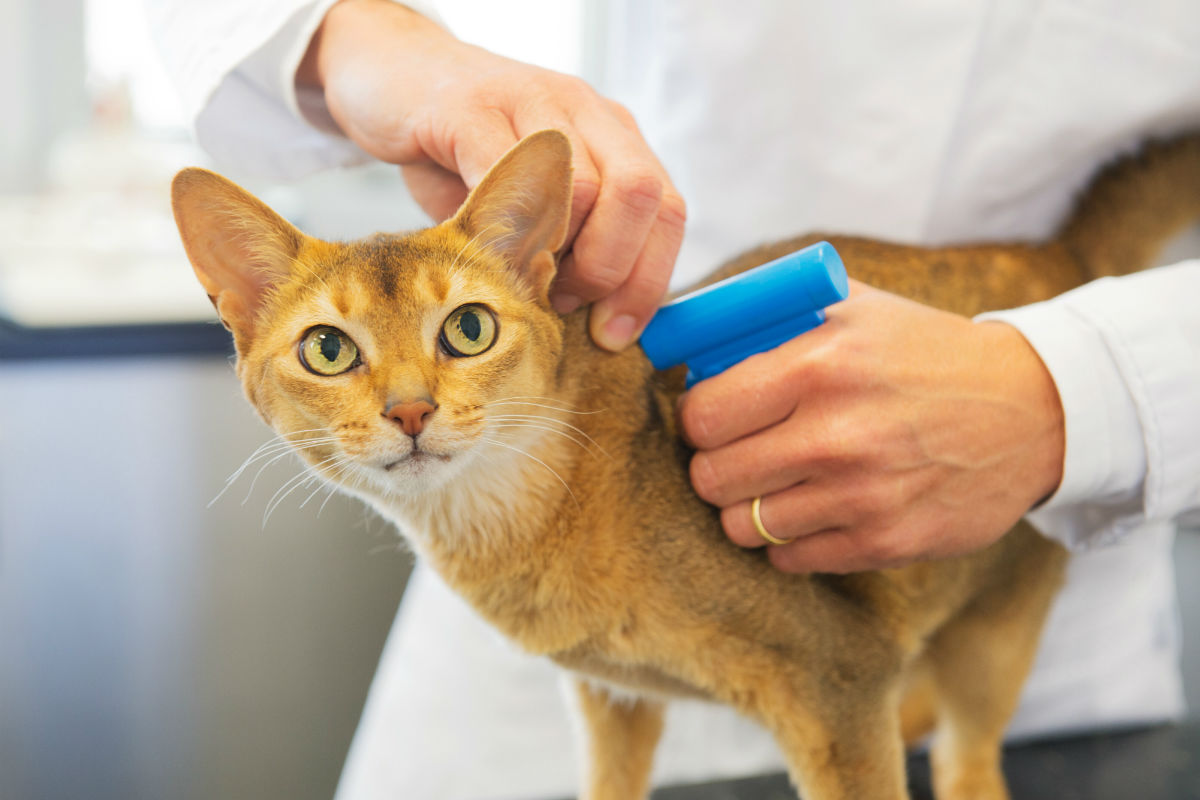
Rabies Vaccine Does My Indoor Cat Really Need It Hillcrest Animal Hospital
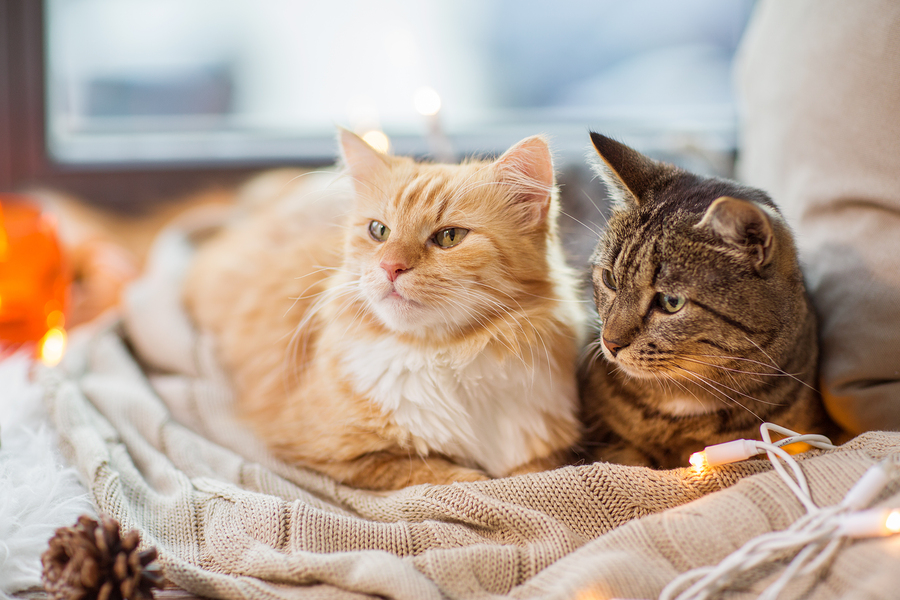
Why Your Indoor Cat May Need Vaccinations Fear Free Happy Homes

Can Cats Get Hiccups It S Fun To Know Cat Illnesses Cat Health Cat Advice

Cat Vaccinations Southpointe Pet Hospital

Why It S Important To Vaccinate Indoor Cats American Pet Hospital Modesto Veterinarians

Why The Rabies Vaccines For Cats Is So Important For Your Feline Friend Daily Paws

Indoor Cats And Infectious Disease Vca Animal Hospital

Cute Tabby Looking At The Camera Tabbycat Cutecat Cat Aww Cat Vaccinations Indoor Cat Cats
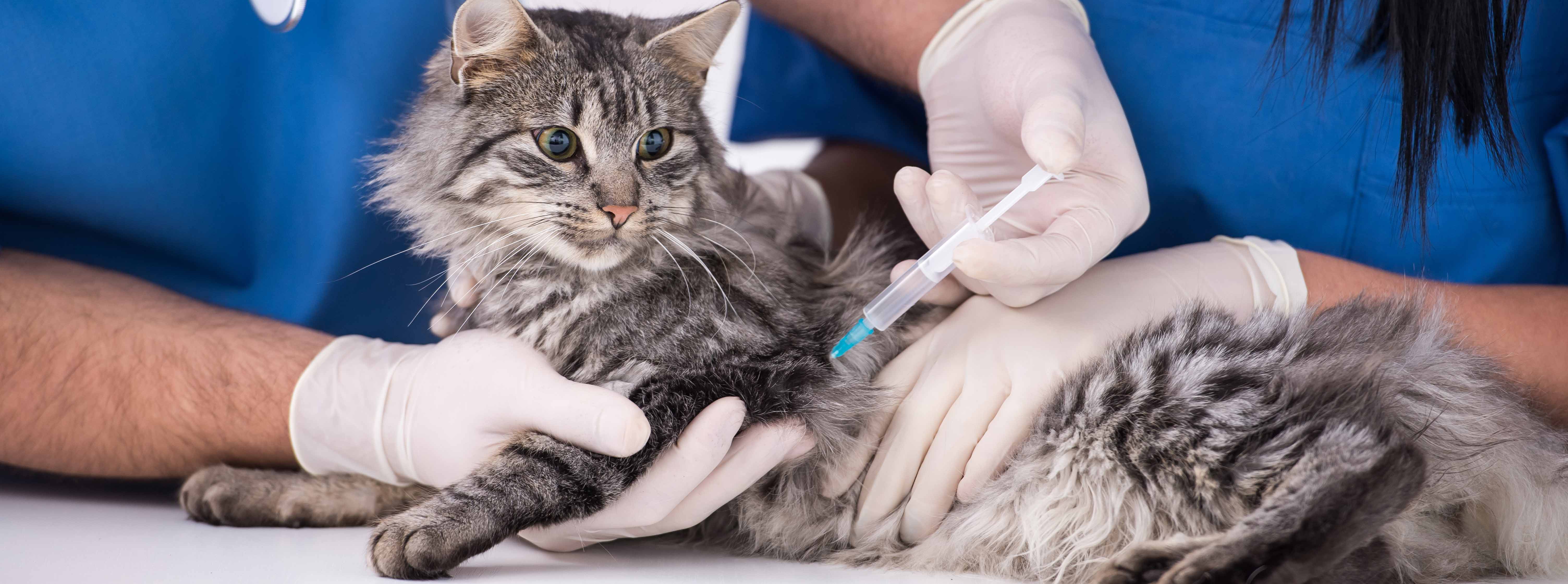
Cat Vaccinations Harbour Cities Veterinary Hospital

Cat Vaccinations Catrysse Veterinary Clinic
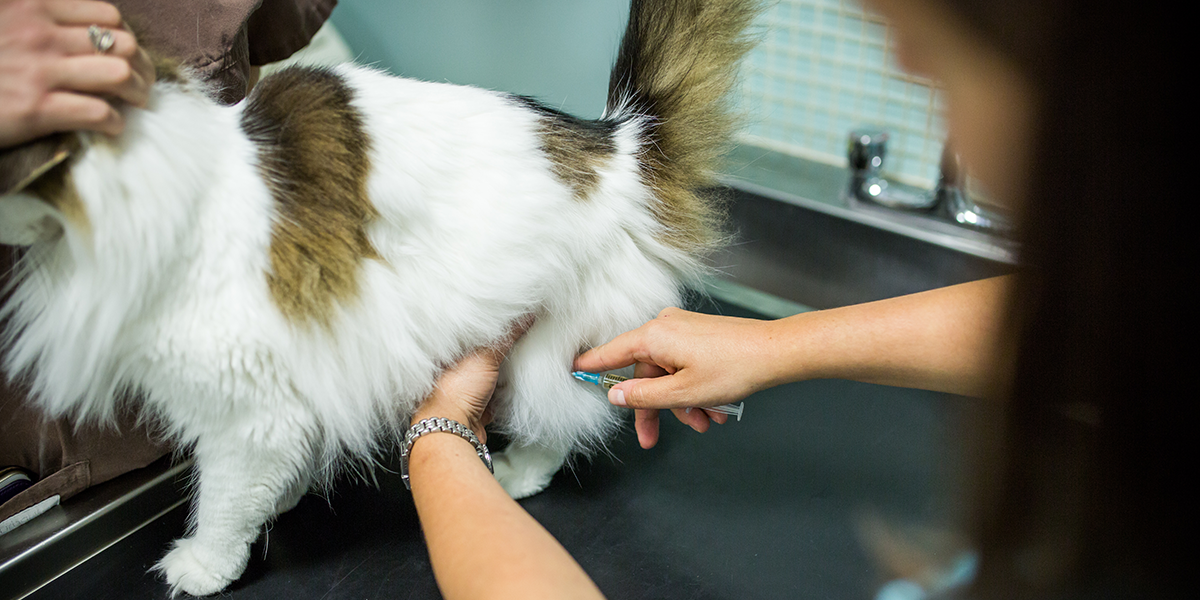
Vaccinating Your Cat International Cat Care
/adult-cat-vaccination-schedule-4846632_V4-ff36ccb34d74410d9652b4307a26e8b3.png)
